Russia uses internet to stir global political instability, Microsoft claims
3 min. read
Published on
Read our disclosure page to find out how can you help Windows Report sustain the editorial team. Read more
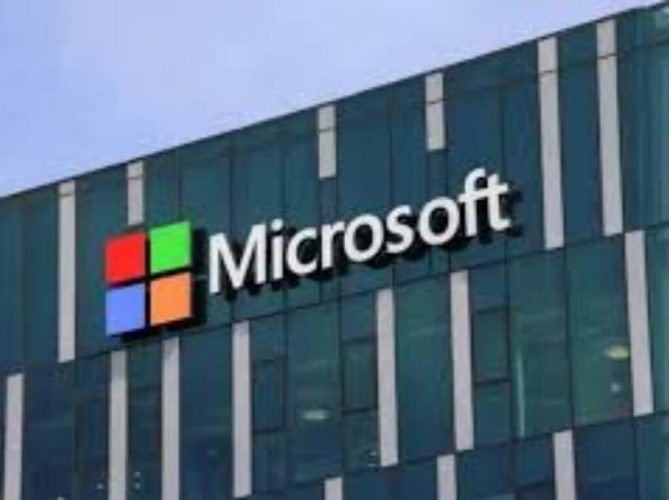
The digital world is not just about social connectivity or endless repositories of information, it’s a versatile battlefield where countries wage silent wars.
Microsoft Threat Analysis Center (MTAC) has shared an alarming example by publishing a report that underscores how Russia uses the internet to fuel political instability worldwide.
Today we are sharing a report from the Microsoft Threat Analysis Center (MTAC) on Russian influence operations in Africa, principally focused on the Niger coup. We believe it is vital there is a wider understanding of the ways in which the Internet is being used to stoke political instability around the world.
MTAC’s recent focus has been Africa, a continent stained by a rash of military coups in nations like Mali, Guinea, Burkina Faso, Niger, and Gabon.
One of the pointed-out events was the palace coup in Niger. The leaders cherry-picked oppressive measures to consolidate power – suppressing protests in Niamey, instating a curfew, and sealing the borders.
However, counter-protests emerged, proliferating pro-Russian sentiments and blaming France for the unrest. Behind the screens of these demonstrations, two distinctly pro-Russian organizations drew attention — PARADE Niger and the Union of Pan-African Patriots.
PARADE Niger, appearing to be a construct of the Russian Ministry of Foreign Affairs, masquerades as a local group, and the Union of Pan-African Patriots serves as a political vessel for one individual.
These entities have vociferously defended the coup, promoting a stronger allegiance with Russia while orchestrating and amplifying offline protests.
In the grand scheme of things, MTAC identified six primary ingredients in Russia’s “African coup cookbook.”
- Long-term Influence Campaigns: Russia and its African allies consistently churn out content that maligns France and glorifies Russia, focusing on polarising colonial-era issues.
- Alliance with the Putschists: Upon a coup’s occurrence, Russian entities rapidly announce support for the coup leaders, often through intermediaries.
- Narrative Control: Post-coup, Russian communicators monopolize the plot, exploiting the information vacuum by eulogizing the military and coup heads while derogating France.
- Amplifying Affiliates: With Africa being a longstanding playing field for Russian influencers, it’s easy to mobilize an array of figures to amplify their narrative and drown out competing discourse.
- Supporter Mobilization: Pro-coup demonstrations waving Russian flags to project an illusion of a widespread alliance between the masses, the coup, and Russian interests.
- Media Blackout: The immediate silencing of Western French-language news outlets like Radio France International and France 24 guarantees the repression of opposing narratives.
The report paints a grim picture of cyberspace hijacked for geopolitical maneuvering. With this revelation uncovered by MTAC, one can only hope that this insight could strengthen global cybersecurity measures and counter similar influence operations effectively in the future.
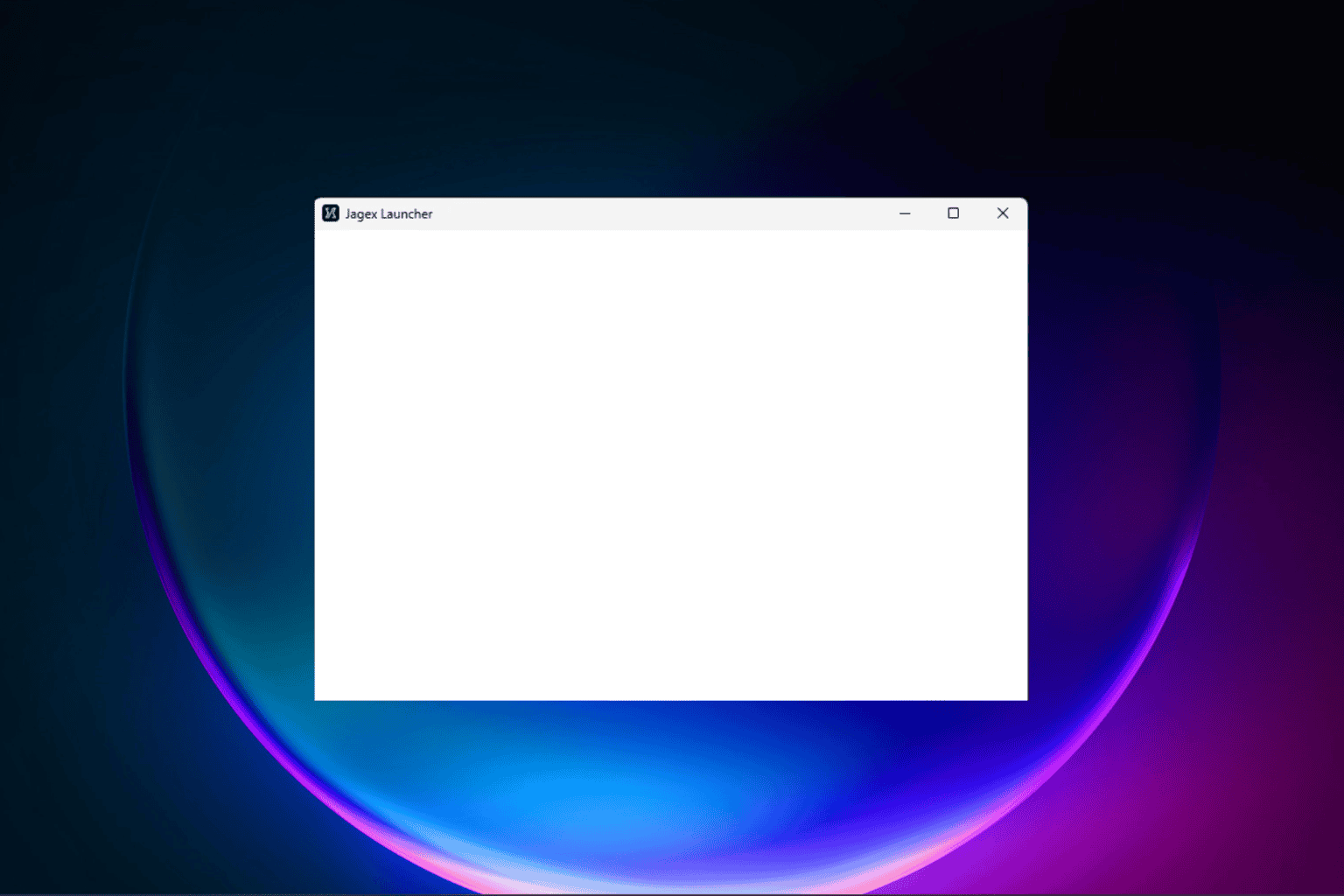
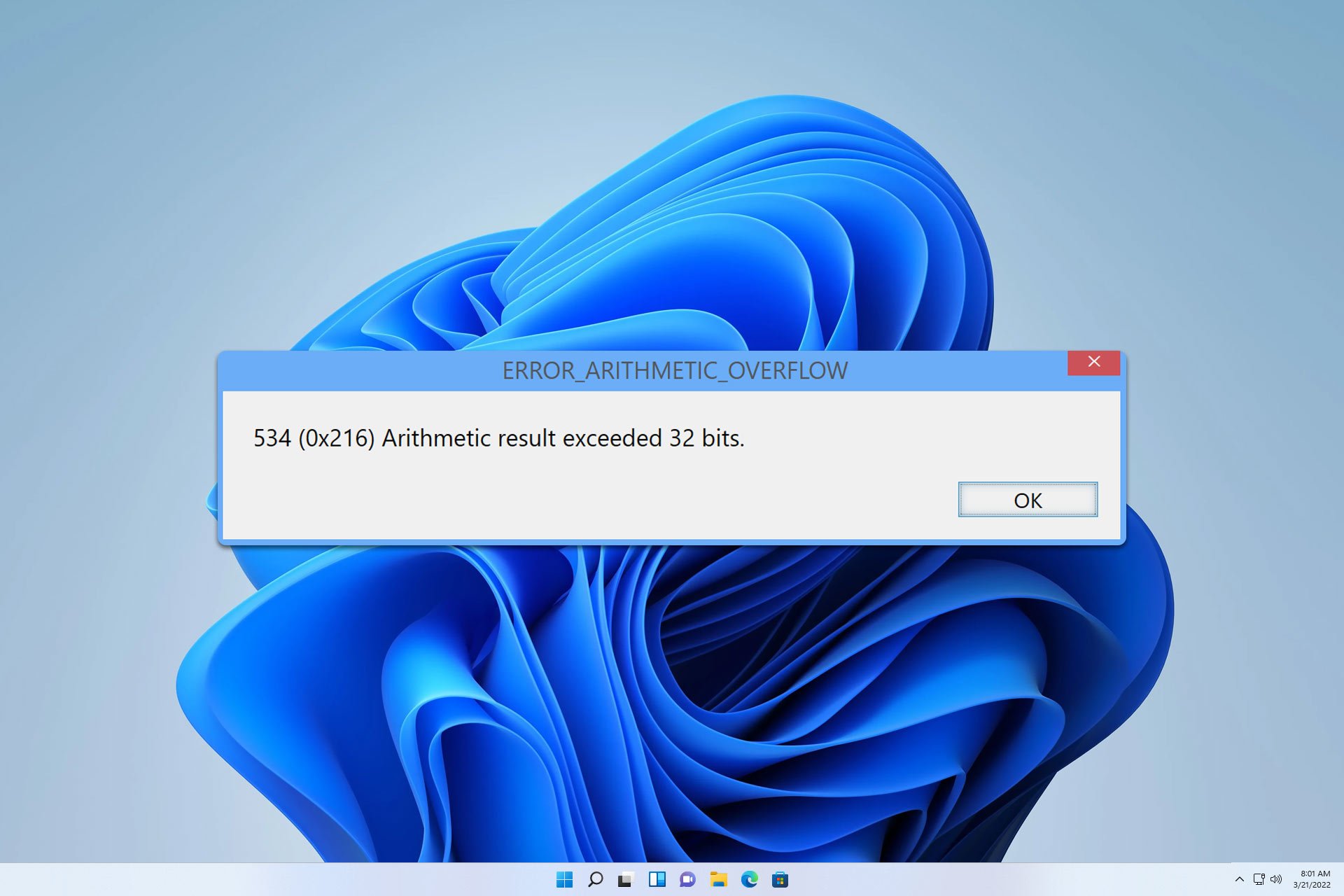

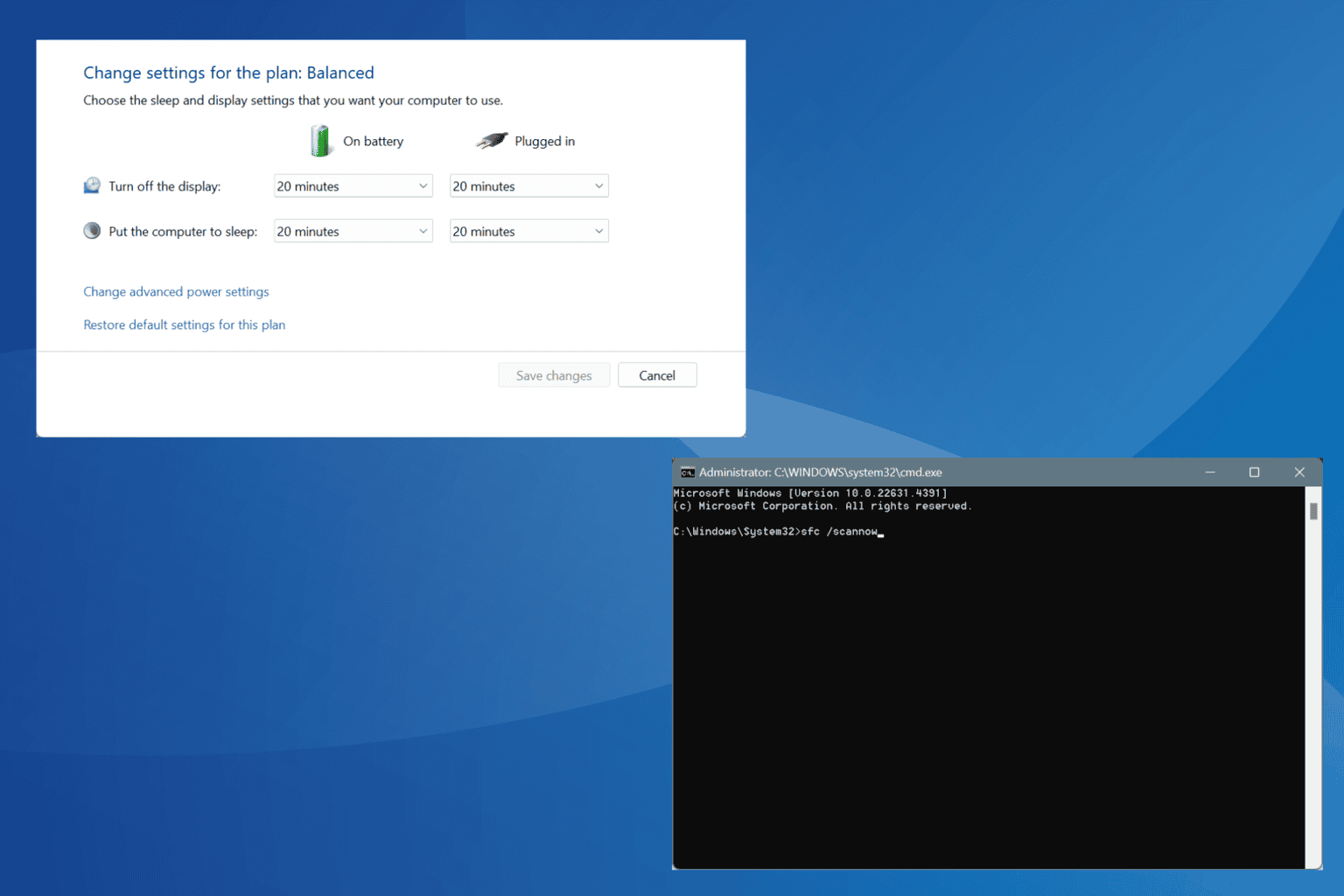
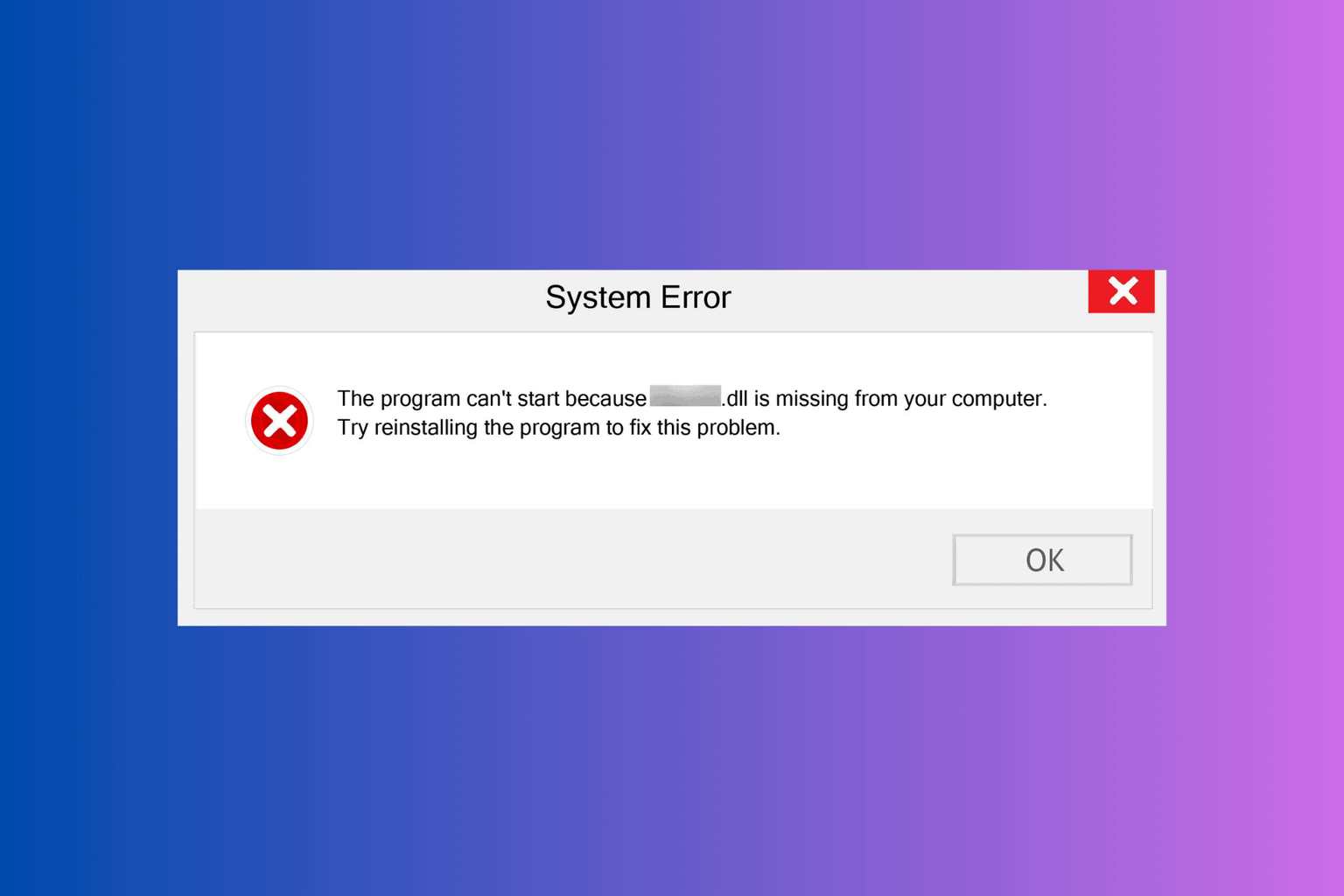



User forum
0 messages